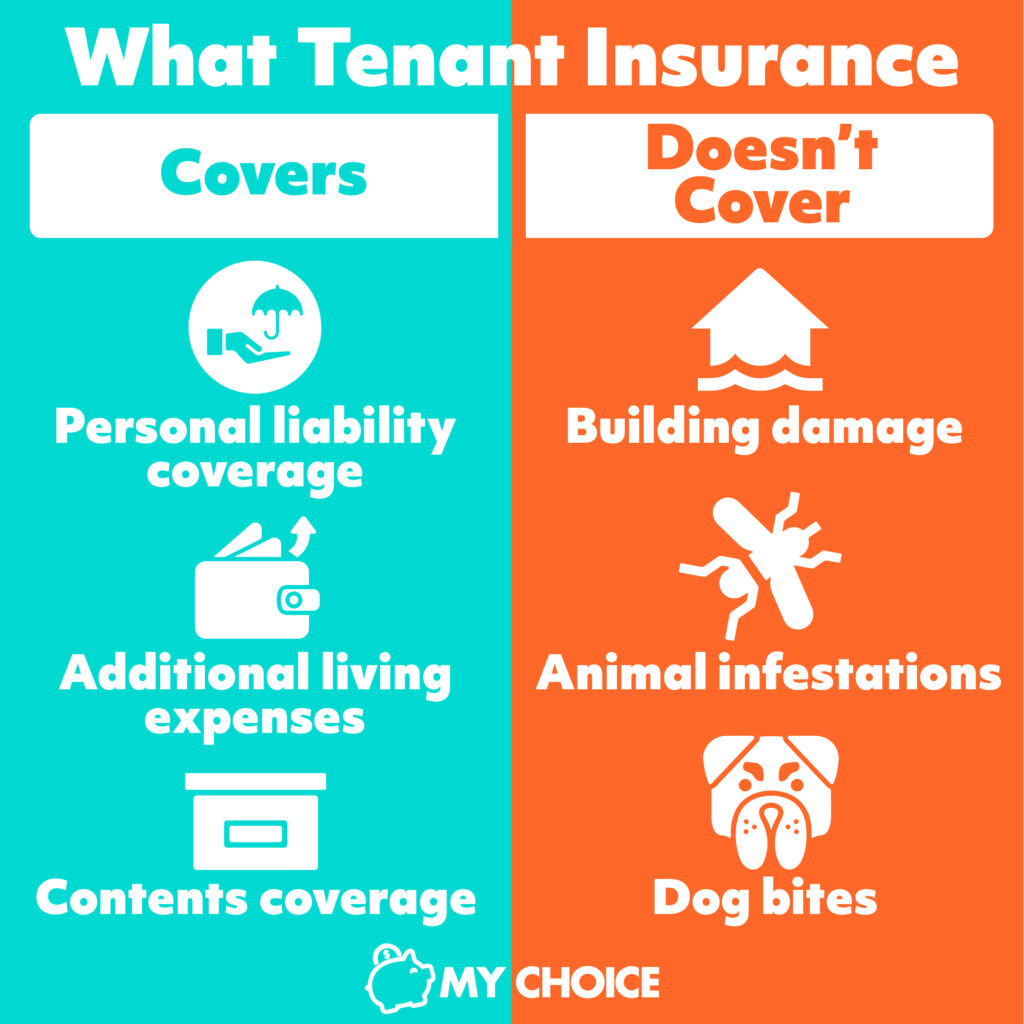How Much Is Renters Insurance in Ontario in 2025?
The average cost of renters insurance in Ontario is between $190 and $400 per year, depending on your city and personal circumstances. If you’re in the process of apartment hunting in Ontario, knowing how tenant insurance varies can better inform your budget.
While renters insurance may seem like a frivolous expense, having it can cushion the blow of repairs and replacements if anything happens to your rented home. In this guide, you’ll learn about what tenant insurance is, how much it costs, and what factors influence your final payment.
How Much Is Tenant Insurance in Toronto and Other Ontario Cities?
Location is one factor that influences how much you pay for tenant insurance. Here are the average prices for renters insurance in Toronto and other Ontario cities.
| City | Average Rate |
|---|---|
| Barrie | $208 |
| Burlington | $212 |
| Cambridge | $244 |
| Hamilton | $208 |
| Kitchener | $202 |
| London | $211 |
| Markham | $349 |
| Mississauga | $203 |
| Oshawa | $228 |
| St. Catharine’s | $234 |
| Sudbury | $334 |
| Toronto | $217 |
| Vaughan | $296 |
| Windsor | $311 |
Ultimately, how much you pay for tenant insurance depends on your unique living circumstances. These are just general averages.
What Is Renters Insurance?
Tenant or renters insurance protects the belongings within a rented home or apartment. A typical tenant insurance policy will provide personal liability coverage and support for living expenses.
If you are house poor and can no longer keep up with the expenses of maintaining a property, you might move into a rental and get tenant insurance instead.
Tenant Insurance and Home Insurance: What’s the Difference?
The main difference between tenant insurance and home insurance is that the latter does not cover repairs or replacements to the actual building. Instead, that responsibility lies with your landlord. Home insurance also costs more.
You won’t need to apply for home insurance if you’re renting your home.
Is Renters Insurance Mandatory in Ontario?
No, renters insurance is not mandatory in Ontario. However, some Ontarian landlords require it in case of natural disasters, accidents, or thefts.
Applying for Renters Insurance
You can easily apply for a tenant insurance policy online on MyChoice. The process is simple – just provide your information, and we’ll guide you through the rest.
Plus, you won’t have to worry about renewing your tenant insurance yearly, as the policy often renews automatically. However, note that rates may change upon renewal, especially if you make a claim, install a security system, or make renovations. Thus, you should always review your information and update it before your policy renews.
What Tenant Insurance Covers
Tenant insurance policies vary depending on your location. However, you can typically expect your policy to include the following:
What’s Not Covered by Tenant Insurance?
Unfortunately, tenant insurance doesn’t cover everything. Certain damages within your rental home will be up to your landlord’s responsibility or fall under another policy you might not have.
Below are a few instances in which tenant insurance may not help:

Factors That Affect the Cost of Renters Insurance
Like any regular insurance policy, your tenant insurance can vary based on the following factors:
Who Might Need to Have Tenant Insurance in Ontario?
How to Save Money on Your Renters Insurance Cost
Ontario is one of the most expensive cities, so saving even a few dollars on renters insurance can do wonders for your budget. Here are a few simple things you can do to reduce your monthly insurance premiums:

Do You Really Need Renters Insurance?
While renters insurance isn’t mandatory in Ontario, having a policy can be helpful in certain situations. To determine whether tenant insurance is a good idea, consider whether you can repair or replace all your items if you lose them in an accident. Taking out a tenant insurance policy might be beneficial if you can’t.
The Bottom Line
On average, tenant insurance in Ontario costs between $200 and $380. While it isn’t necessary, you never know when an accident might occur in your rental apartment. Getting tenant insurance can provide the financial support you need in a disaster.








